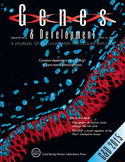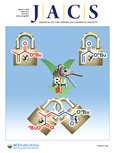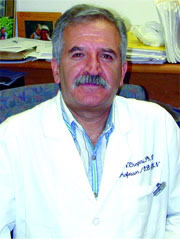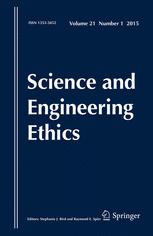 Two identical retraction notices have popped up for MIT professor Robert Weinberg, a highly-cited cancer researcher who had a retraction and a correction in 2013, both in Cancer Cell.
Two identical retraction notices have popped up for MIT professor Robert Weinberg, a highly-cited cancer researcher who had a retraction and a correction in 2013, both in Cancer Cell.
These two new retractions, in Genes and Development, stem directly from another paper by Weinberg and colleagues in Cell that will apparently be retracted, as the “same analytical methodology was used,” according to the notices [see bottom of the post for an update].
Weinberg is highly regarded, and at least 20 of his papers have been cited over a thousand times.
First author Scott Valastyan was a promising postdoc at the time of the paper’s publication. He was a 2011 Runyon Fellow at Harvard, a three-year, $156,000 award for outstanding cancer postdocs. He doesn’t seem to have published anything since 2012, though he is listed as a joint inventor with Weinberg on patents filed in 2009 and 2014.
Here are the notices for “Concomitant suppression of three target genes can explain the impact of a microRNA on metastasis” (cited 73 times, according to Thomson Scientific’s Web of Knowledge) and “Activation of miR-31 function in already-established metastases elicits metastatic regression” (cited 54 times), both paywalled: Continue reading Two more retractions appear for prominent MIT cancer researcher Robert Weinberg





